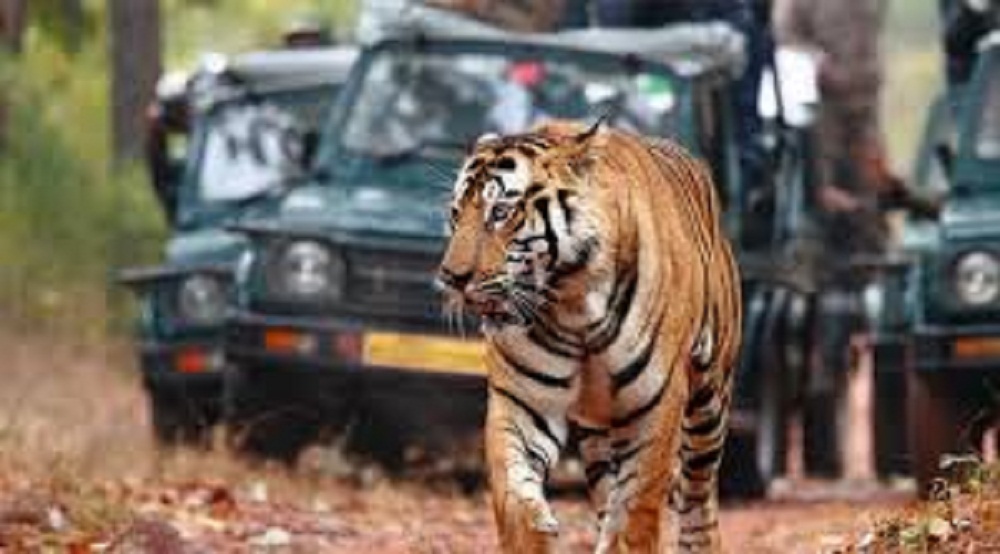
Photographing a grizzly bear with her cubs is a thrilling experience, but it requires preparation, patience, and respect for wildlife. These powerful animals are known for their intelligence, strength, and strong maternal instincts. Capturing their natural behavior without disturbing them is the key to successful wildlife photography trips.
Understanding Grizzly Behavior
Grizzly bears (Ursus arctos horribilis) are solitary animals, but mothers are deeply devoted to their cubs. Cubs stay with their mother for about two to three years, learning essential survival skills. Knowing their behavior helps predict photographic opportunities:
Protective Mothers
A grizzly mother is highly defensive. If she senses danger, she will place herself between her cubs and the threat, or she may bluff charge to deter intruders.
Cubs’ Playfulness
Young cubs are naturally curious and playful, often engaging in mock fights, climbing trees, or exploring their surroundings.
Foraging Patterns
Grizzlies rely on seasonal food sources such as berries, roots, salmon, and carrion. Observing them near rivers or open meadows can provide excellent shots.
Communication
Grizzlies communicate through vocalizations, body language, and scent markings. Watching for ear positioning, huffing sounds, or backpedaling can indicate their comfort level.
Best Locations and Seasons to Find Grizzlies
To photograph a grizzly family, visit areas with healthy bear populations:
Yellowstone National Park, USA
Known for frequent grizzly sightings, especially in Lamar Valley.
Katmai National Park, Alaska
Famous for bears fishing for salmon at Brooks Falls.
Banff and Jasper National Parks, Canada
Offers grizzly sightings in high meadows and near rivers.
Great Bear Rainforest, British Columbia
One of the most remote and untouched grizzly habitats.
Spring and early summer are ideal times to capture cubs exploring their environment, while late summer and fall provide dramatic scenes of bears fishing for salmon.
Prioritize Safety Around Grizzlies
Grizzlies are wild animals and can be unpredictable. Safety should always come first:
Observing and Capturing Natural Behavior
Rather than seeking close-up portraits, focus on storytelling moments that highlight grizzly life:
Mother-cub interactions
Capture the tender moments when the mother licks, nudges, or protects her cubs.
Hunting and foraging
Grizzlies digging for roots or catching fish make for dramatic and powerful images.
Cubs at play
Young bears wrestling or climbing trees provide dynamic action shots.
Seasonal changes
Photograph grizzlies against different landscapes, from lush spring meadows to autumnal forests.
Ethical Wildlife Photography Practices
Respecting grizzlies and their habitat ensures both safety and conservation:
Final Thoughts
Photographing a grizzly bear with her cubs is a rare and awe-inspiring experience. Understanding their behavior, prioritizing safety, and practicing ethical photography ensures that you capture stunning images without disrupting their natural lives. When planning photography trips, always remember that the best wildlife photographs come from a place of deep respect for these incredible animals.
With patience and preparation, you can document the powerful bond between a grizzly mother and her cubs while preserving their wild spirit for future generations.

































